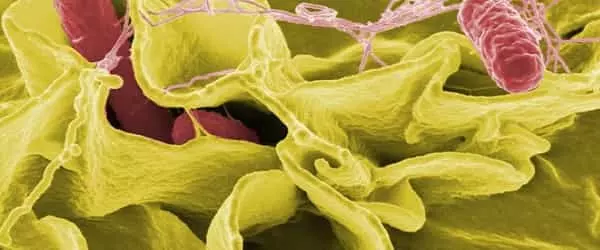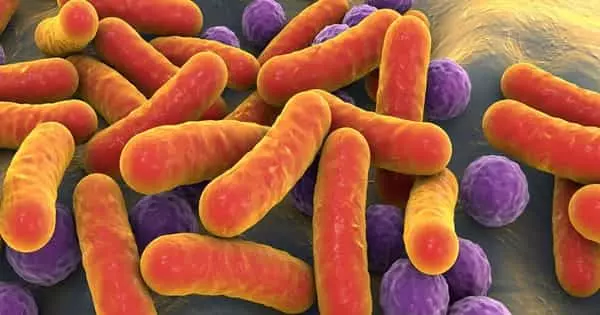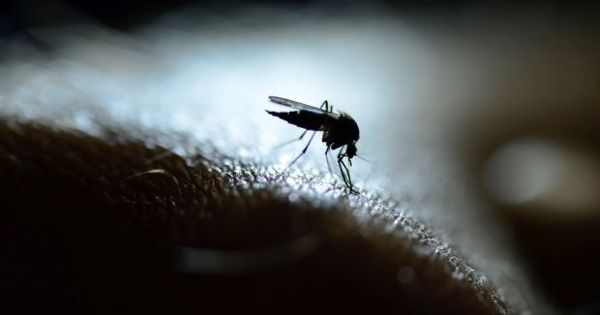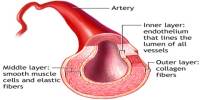The trillions of microbes that live in our gut play a variety of critical roles in our bodies. This “microbiome” not only regulates our metabolism and aids in the absorption of nutrients from food into the body, but it can also influence whether we are lean or obese.
According to new research, gut microbiota influences humans’ ability to lose weight. The findings were published this week in mSystems, the American Society for Microbiology’s open-access journal.
“Your gut microbiome can help or cause resistance to weight loss, and this opens up the possibility of trying to alter the gut microbiome to impact weight loss,” said lead study author Christian Diener, Ph.D., a research scientist at Seattle’s Institute for Systems Biology.
According to recent research, our gut microbiome can even influence our ability to lose weight. The presence of specific “good” microbes in the gut of people dieting to lose weight affected how many pounds they were able to lose, according to researchers from the University of Washington in the United States.
Gut microbiota influences the ability to lose weight in humans, according to new research.
The researchers studied 105 overweight people who were all enrolled in a year-long weight loss program to learn more about the impact of a person’s gut microbes on weight loss. The researchers recorded the participants’ starting body mass index to track their weight loss (BMI).
Dr. Diener and colleagues focused their research on a large cohort of people who were taking part in a lifestyle intervention study. Rather than a specific diet or exercise program, this intervention used a commercial behavioral coaching program in conjunction with advice from a dietician and nurse coach. The researchers focused on 48 people who lost more than 1% of their body weight per month for 6 to 12 months and 57 people who did not lose any weight but had a stable body mass index (BMI) during the same time period.
Metagenomics, the study of genetic material recovered from blood and stool samples, was used by the researchers. Individuals in both groups analyzed blood metabolites, blood proteins, clinical labs, dietary questionnaires, and gut bacteria.

Obesity is a multifactorial disease characterized by an abnormal accumulation of adipose tissue. Growing evidence has identified the gut microbiota as a potential factor in the pathophysiology of obesity and related metabolic disorders over the last decade. The gut microbiota is known to protect gastrointestinal mucosa permeability and to regulate the fermentation and absorption of dietary polysaccharides, which may explain its role in fat accumulation and obesity regulation.
The researchers identified 31 baseline stool metagenomic functional features that were associated with weight loss responses after controlling for age, gender, and baseline BMI. Complex polysaccharide and protein degradation genes, stress-response genes, respiration-related genes, cell wall synthesis genes, and gut bacterial replication rates were among those identified. The ability of the gut microbiome to break down starches was increased in people who did not lose weight, which was a significant finding. Another significant finding was that people who lost more weight had higher levels of genes that help bacteria grow faster, multiply, replicate, and assemble cell walls.
The scientists also measured blood markers of metabolism, such as cholesterol levels, to determine how easily each participant could burn fat. And, at the start and end of the study, stool samples were collected to determine which microbes were present in each participant’s gut – and at what levels.
“Before this study, we knew the composition of bacteria in the gut was different in obese people than in non-obese people, but now we have seen that there is a different set of genes encoded in our gut that also responds to weight loss interventions,” Dr. Diener explained. “The gut microbiome plays a significant role in determining whether or not a weight loss intervention is successful. The factors that determine obesity versus nonobesity are not the same as the factors that determine whether you will lose weight as a result of lifestyle intervention.”
Changing your diet has already been shown to alter the composition of bacteria in your gut, according to research. According to Dr. Diener, if someone has a composition of gut bacterial genes that confers resistance to weight loss, you may be able to change their diet to help them lose weight.
















